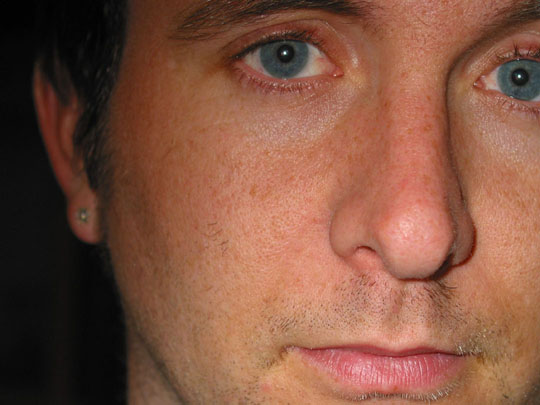
Kalling All Komrades!
Since I moved to Portland in 1997 I have lived near Reed College. I always presumed that the school was named after John Reed, the American communist from Portland who chronicled the Russian Revolution in Ten Days That Shook the World. As it turns out Mr. Reed has nothing to do with the progressive school, but it’s still a handy bit of cocktail party trivia that the hero of Warren Beatty’s 1981 film Reds hailed from my city.
I was only seven in 1981, when Reds hit theaters in all of its 3-and-a-half hour glory. I was pretty underwhelmed when I saw it on a muddy pan and screen VHS tape a few years ago, but my opinion has skyrocketed now that I’ve seen the newly released double disc DVD. The widescreen print is gorgeous, showing off all the genius of Vittorio Storaro's Oscar winning cinematography. And despite the marathon running time, the film is a consistently entertaining and provocative study of Bolshevik idealism and some of its unforeseen negative consequences.
Beatty won the Best Director prize, but in one of the most famous upsets in Oscar history he lost Best Picture to Chariots of Fire. Even if you don't want to see the movie again, rent the DVD for the extras. On disc two Beatty overcomes his aversion to DVD bonus features by appearing in seven short documentaries that follow the project from its earliest stages through its commercial and critical reception. Jack Nicholson comments extensively on his portrayal of Eugene O'Neill and his working relationship with Diane Keaton, though Keaton herself declined to talk about her portrayal of Louise Bryant, the feminist journalist who had an ongoing romance with John Reed.
Best of all is the footage about the elderly men and women who appear as themselves in short documentary sequences throughout Reds. To avoid boring exposition about historical events in his screenplay, Beatty gathered hundreds of men and women who knew Reed and/or Bryant, resulting in fascinating interviews with the likes of Rebecca West and Henry Miller. According to veteran film editor Dede Allen, some of the interview subjects were so furious about their political differences that they had to be grouped in opposite rooms during auditions and filming.


0 Comments:
Post a Comment
<< Home